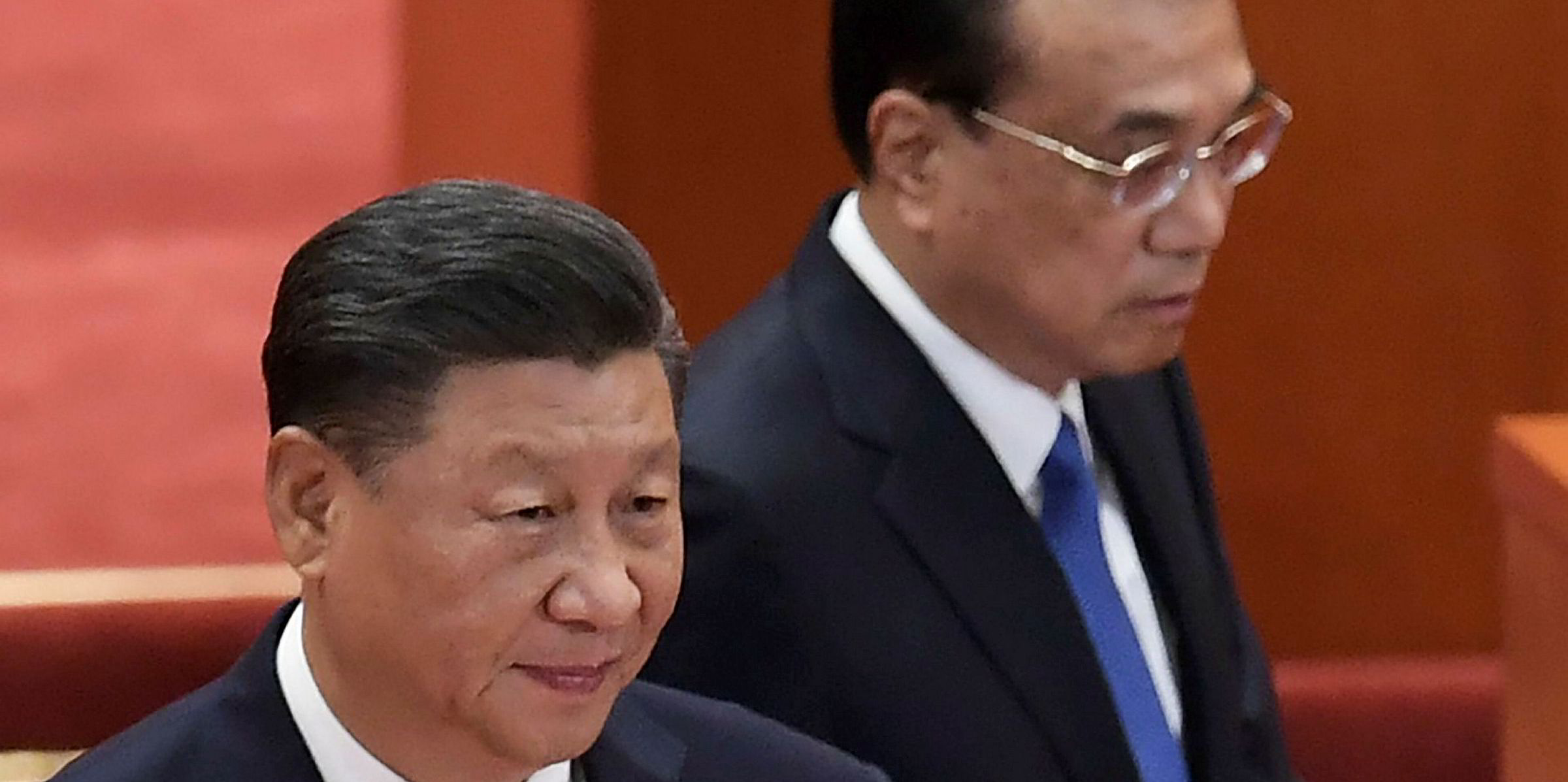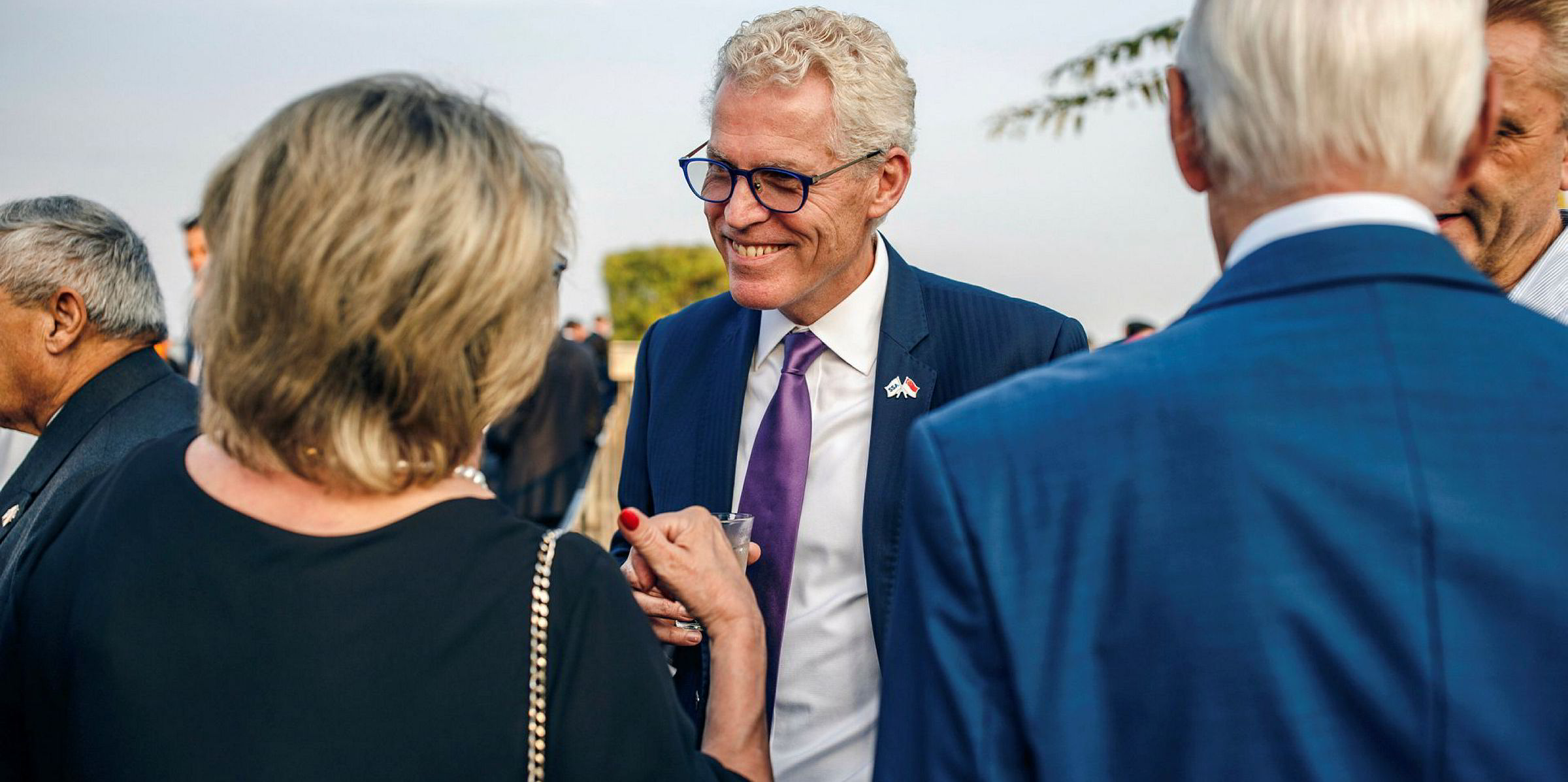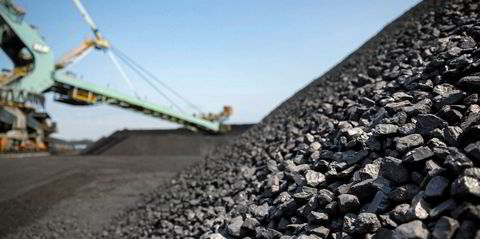The Federal Maritime Commission (FMC) will investigate the role played by liner shipping alliances in growing US port congestion.
Shippers have complained that carriers are refusing to ship US exports in favour of the quicker turnaround of empty containers back to China.
“The time has come to resolve the most serious impediments to port performance," said FMC commissioner Rebecca Dye, who is overseeing the investigation.
The Washington-based regulatory watchdog issued a supplementary order on 19 November expanding the reach of its earlier fact-finding mission launched in March.
"The order emphasises I, as Fact Finding Officer, have all enforcement options at my disposal to address the crisis that exists in our major port gateways," Dye said.
The FMC will investigate whether the practices of liner alliances have contributed to worsening demurrage and container availability affecting US export cargoes.
The agency will focus its investigation on the ports of Long Beach, Los Angeles, New York and New Jersey.
Dye said the FMC had a "compelling responsibility" to investigate the situations in major US ports.
"The commission is concerned that certain practices of ocean carriers and their marine terminals may be amplifying the negative effect of bottlenecks at these ports and may be contrary to provisions in the Shipping Act of 1984," she said.
"The potentially unreasonable practices of carriers and marine terminals regarding container return, export containers, and demurrage and detention charges in the ports of Los Angeles, Long Beach and New York/New Jersey present a serious risk to the ability of the United States to handle trade growth."
Soaring freight rates
Calls for greater regulatory oversight of liner operators have increased in different geographical regions as container freight rates have soared.
China-US West Coast freight rates are 174% higher than the same time last year at $3,879 per 40-foot equivalent unit (feu), based on the Freightos Baltic Index.
Rates from Asia to the US East Coast are 85% higher than the same time last year at $4,750 per feu.
That led the South Korean government to take steps to intervene recently, requesting that carriers add more capacity to its trade lanes, where rates are climbing.
Authorities there are seeking to discourage carriers from skipping port calls and allocating equipment to the more lucrative transpacific lanes.






